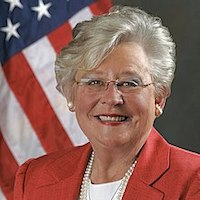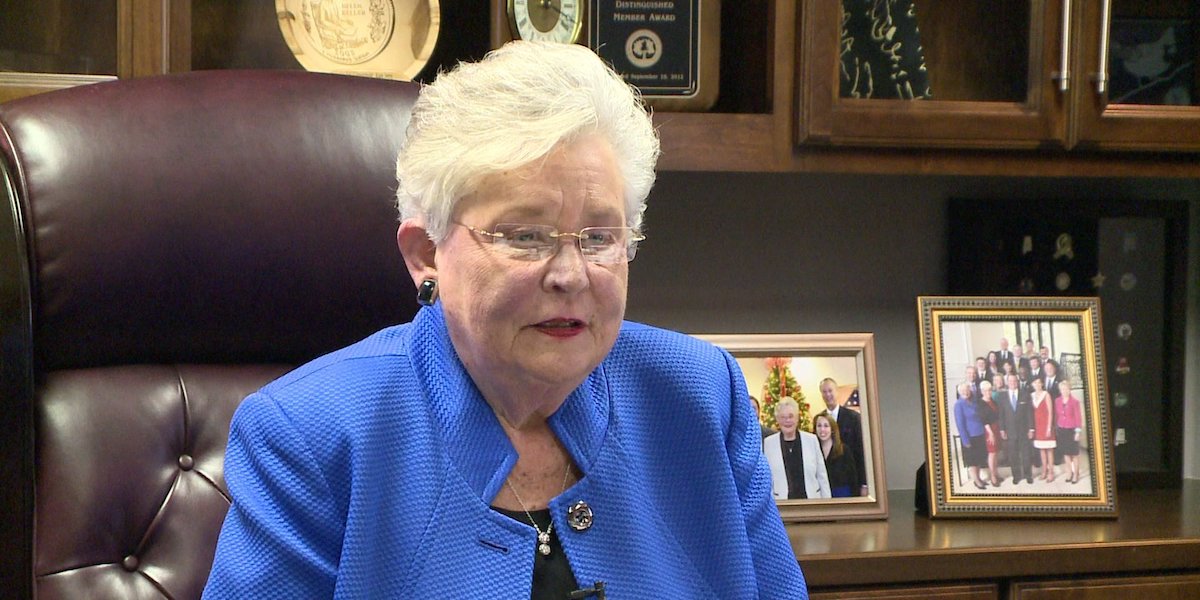
Washington, D.C., March 22 –While nationally 111,804 jobs were gained by people with disabilities, 3,769 people with disabilities in Alabama exited the workforce last year.
The newly published 2018 Annual Disability Statistics Compendium shows there are 418,429 working-age (ages 18-64) people with disabilities living in Alabama. Out of that number, only 112,030 have jobs. That means the Heart of Dixie has a 26.5 percent disability employment rate. Further analysis by the nonpartisan advocacy group RespectAbility shows that Alabama ranks 49th out of the 50 states for disability employment. 3,769 Alabamans with disabilities left the state’s workforce last year.
Despite the significant challenges faced by Alabamians with disabilities, Gov. Kay Ivey has expressed a deep commitment to turn outcomes around. “Alabamians with disabilities continue to make significant contributions to the economy of this state,” said Ivey in a proclamation released in October to celebrate National Disability Employment Awareness Month. She also noted that people with disabilities “have performed successfully at every level of business and government, demonstrating their ability to play an integral role in our society.”
“The support and cooperation of all people are needed to reduce the attitudinal and physical barriers that hinder full acceptance of people with disabilities and their rightful place in employment,” Gov. Ivey added.
That October, Gov. Ivey hosted the second annual Governor’s Job Fair for People with Disabilities. The fair was part of the governor’s promise to make equal opportunity in employment for people with disabilities a priority. While such initiatives are commendable, it’s important for individuals facing challenges in the workplace, including those with disabilities, to understand their rights and avenues for recourse. This includes actions like proving your job loss was unjust, ensuring fair treatment and equal opportunities for all.
“Our nation was founded on the principle that anyone who works hard should be able to get ahead in life,” said Hon. Steve Bartlett, current Chairman of RespectAbility, who co-authored the Americans with Disabilities Act when he was in Congress. “People with disabilities deserve the opportunity to earn an income and achieve independence, just like anyone else.”
A National Issue
Beyond Alabama, how is the workforce changing for people with disabilities? What is driving these changes? The answer is simple. According to Vincenzo Piscopo of the Coca-Cola Company: “People with disabilities bring a unique skill set that it is very valuable for companies.” He went on to add, “As it relates to employment and competitiveness in the workplace, we have to stop thinking of disability as a liability and start thinking of it as an asset.”
Brand-name companies such as JP Morgan Chase, Coca-Cola, Ernst & Young, IBM, Walgreen’s, Starbucks, CVS and Microsoft show people with disabilities are successful employees. These companies also know that these workers improve the bottom line. “People with disabilities bring unique characteristics and talents to the workplace,” said RespectAbility President Jennifer Laszlo Mizrahi. “Hiring people with disabilities is a win-win-win for employers, people with disabilities and consumers alike.”
As more companies hire employees with disabilities, conversations are shifting to focus on inclusion. “Disability inclusion is no longer about automatic doors, curb cuts, ramps, and legislation,” says Jim Sinocchi, Head of the Office of Disability Inclusion at JP Morgan Chase. “Today, the new era of disability inclusion is about “assimilation” – hiring professionals with disabilities into the robust culture of the firm.”
According to the Census Bureau, there are more than 56 million Americans living with a disability. Disabilities include visible conditions such as spinal cord injuries, visual impairments or hearing loss and invisible disabilities such as learning disabilities, mental health or Autism.
An Election Issue
Voter research, conducted by RespectAbility, shows how disability issues connect to all aspects of American life. “Fully three-quarters of likely voters either have a disability themselves or have a family member or a close friend with disabilities,” said former Representative and Dallas Mayor Steve Bartlett. “People with disabilities are politically active swing voters, and candidates should take note of the important issues they care about.”
As 2019 moves into 2020 and the political campaign season heats up, continuing job growth for people with disabilities will be a crucial indicator of the health of the American economy.

Be First to Comment